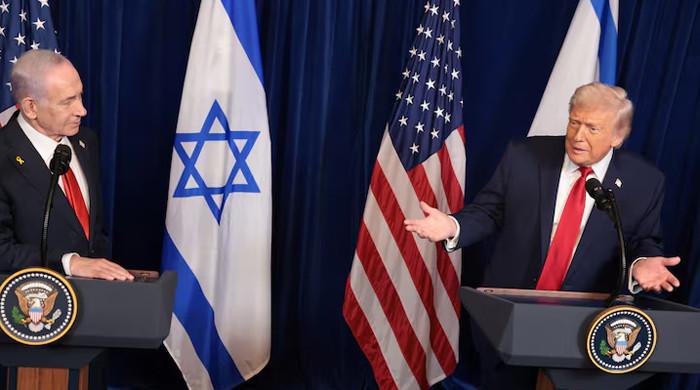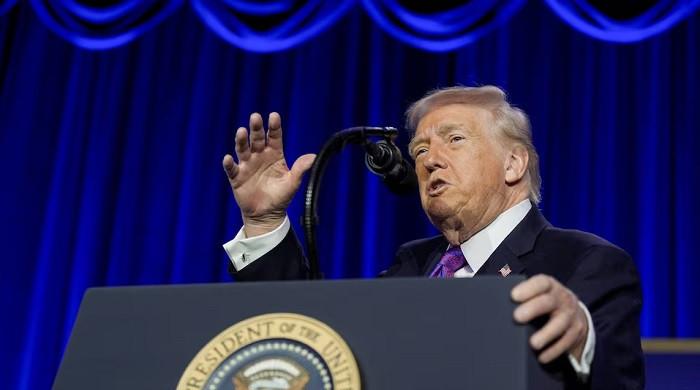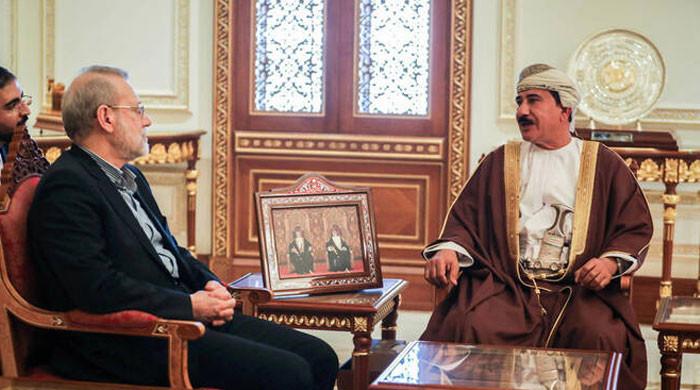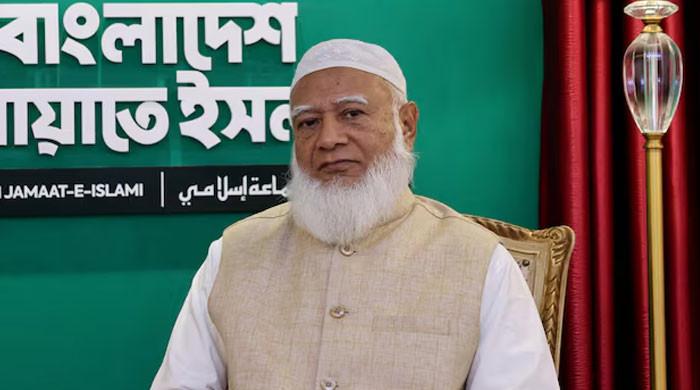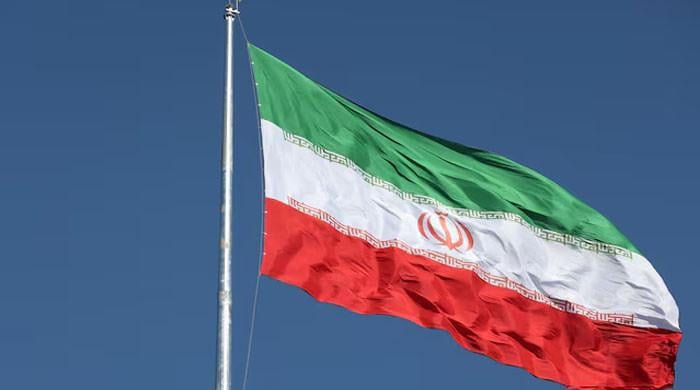Pakistani taxi driver twice defeats Uber in UK courts
Yaseen Aslam from High Wycombe was one of the two drivers who brought an employment case against Uber on behalf of a group of 19 of its workers
May 15, 2018
LONDON: A British-Pakistani taxi driver who took ride-hailing giant Uber to court and won has said he is “humbled” and thankful that he was able to take on the world’s largest taxi firm.
Yaseen Aslam from High Wycombe was one of the two drivers who brought an employment case against Uber on behalf of a group of 19 of its workers, who argued they were employed as limb (b) workers by the firm rather than being self-employed.
In an interview with this correspondent, Aslam, whose parents migrated from Sawala Piran in District Mirpur to Britain as labourers from Pakistan, said he took up the case against Uber with help from his trade union. The IWGB trade union, which represents low-paid workers, had faith in him and offered him legal help against the multi-billion-dollar taxi giant which employed a team of over a dozen of most expensive lawyers.
Aslam said he was glad that a landmark case against the company has been won twice and although Uber has appealed against the original decision but he is “confident” that judges will rule in favour of Uber drivers.
Yaseen and James Farrar first brought the case against Uber to the employment tribunal in 2015 and won where the judge ruled that Uber drivers, part of the so-called gig economy, are not self-employed and should be granted basic employment rights such as being paid the national minimum wage and getting holiday pay. The two are the founders of United Private Hire Drivers which is the UK’s largest trade union for Drivers
The first tribunal trial was in July 2016 and the verdict was announced in October 2016. Uber appealed and the trial was conducted in September 2017 and got the after two months. Uber then appealed to the Supreme Court in December 2017 which was rejected in January 2018. Now a date has been set at the Court of Appeal in October 2018.
Following the verdict Uber appealed to the Supreme Court to hear this case but the court rejected Uber’s request, and sent it back to Court of Appeal. Court of Appeal has issued a date for October 30 this year for the trial.
Uber has told the court that it could deprive riders of the “personal flexibility they value”. It claims that the majority of its drivers prefer their existing employment status but the Independent Workers’ Union of Great Britain (IWGB), which backed the appeal, said drivers will still be able to enjoy the freedoms of self-employment – such as flexibility in choosing shifts – even if they have worker status.
The union said the decision showed companies in the gig economy – which involves people on flexible working patterns with irregular shifts and minimal employment rights – have been choosing to “deprive workers of their rights”.
Aslam said it is time for the mayor of London, Transport for London and the government to step up and use their leverage to defend worker rights rather than turn a blind eye to sweatshop conditions.
“If Uber is successful in having this business model, obliterating industrial relations as we know them in the UK, then I can guarantee you on every high street, in retail, fast food, any industry you like, the same thing will go on,” he said.
Aslam said he was willing to fight the case all the way to the Supreme Court if necessary. He said the two legal victories are good for workers and the judge has confirmed twice that Uber is unlawfully denying our rights.
“It’s about making sure workers across the UK are protected. Companies are hiding behind technology, classifying people in a bogus way as self-employed so they can get away from paying minimum wage. That can’t be allowed to happen,” he said.
Aslam got so entangled in the legal fight with Uber that he was hounded by the giant and he had to even approach the police. Fed up with the Uber, he quit his job and now works as an IT consultant for the Ministry of Defence. He divides his week between working for the defence ministry and dedicating himself to the union activities, leading private hire drivers in activism against the Transport for London and Uber, demanding rights for private hire drivers.
“We have won because of union and unity and I will continue to be a unionist for myself and others. We have a duty towards others,” said a resolute Yaseen Aslam.




